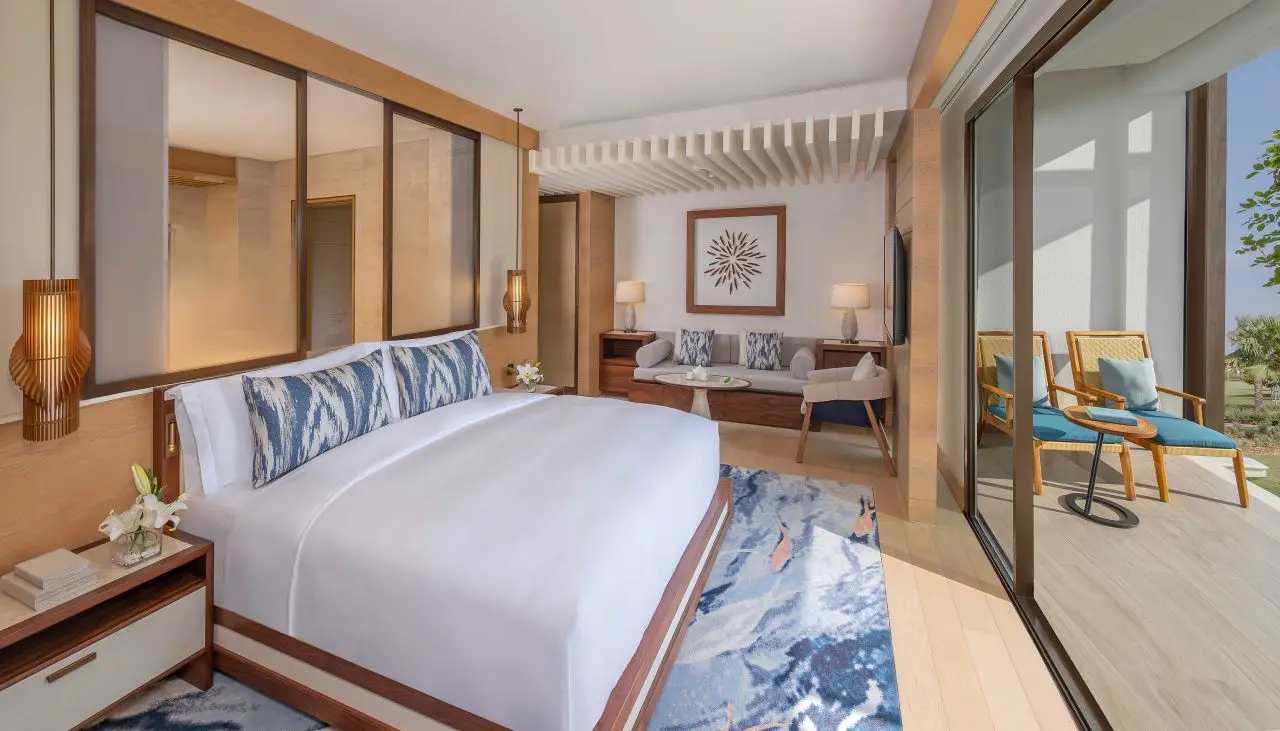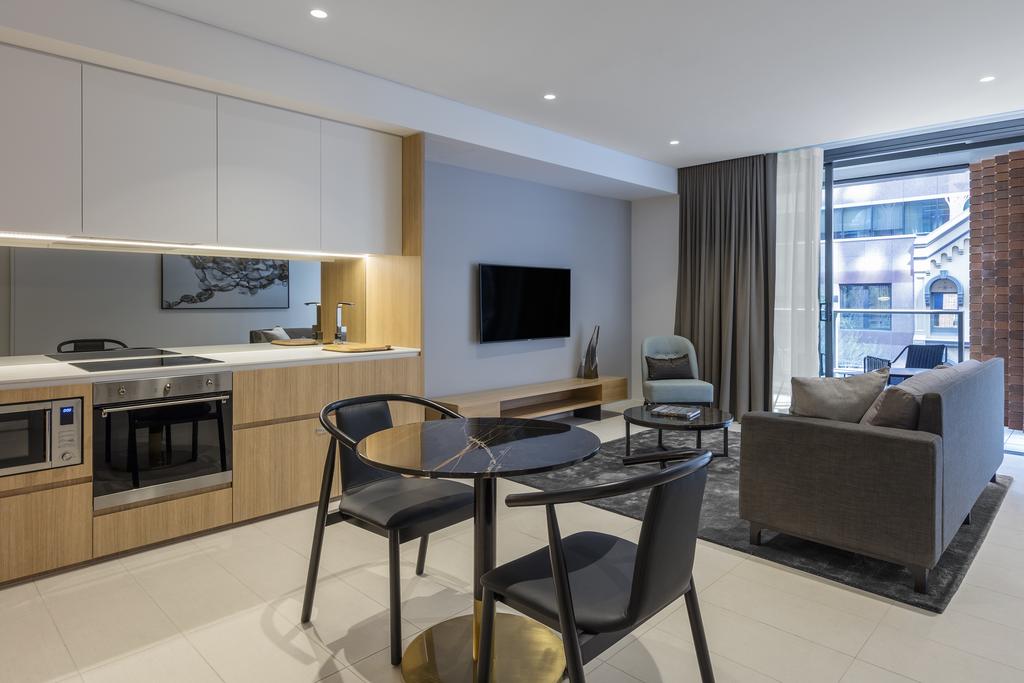Accommodation
Accommodation is a fundamental component of the travel experience, offering travelers a place to rest and recharge while exploring new destinations. It encompasses a wide array of lodging options, from luxurious hotels and resorts to cozy bed and breakfasts, budget-friendly hostels, and even unique stays like treehouses or overwater bungalows.
The choice of accommodation can significantly influence the overall travel experience, affecting not just comfort and budget but also the opportunity to interact with local cultures and environments.
As such, selecting the right place to stay becomes a crucial decision for every traveler, reflecting their personal preferences, travel style, and the nature of their trip.
Types of Accommodations
Hotels and Resorts
Hotels and resorts cater to a wide range of travelers, offering various levels of comfort, amenities, and services. While hotels typically provide rooms and suites along with facilities such as restaurants, gyms, and business centers, resorts often include additional leisure facilities like spas, golf courses, and private beaches, aiming for a more self-contained vacation experience.

Hostels and Budget Accommodations
Hostels are ideal for budget-conscious travelers, especially solo adventurers and backpackers, offering dormitory-style rooms with shared facilities to encourage social interaction. Budget accommodations also include affordable hotels and motels, providing basic amenities and services for travelers looking to minimize expenses.
Vacation Rentals
Vacation rentals, such as apartments, homes, and villas, offer travelers a home-away-from-home experience, with more space and privacy than traditional hotel rooms. These accommodations are particularly popular among families and groups, allowing for self-catering and often located in residential areas to provide a more authentic local experience.
Unique Accommodations
Unique accommodations include unconventional lodging options like treehouses, igloos, capsule hotels, and overwater bungalows, catering to travelers seeking a distinctive and memorable stay. These accommodations often highlight environmental features or innovative designs, providing a unique way to experience a destination.
Bed and Breakfasts (B&Bs)
Bed and breakfasts are typically smaller, more intimate lodging options offering overnight accommodation and breakfast in a homely setting. B&Bs are often operated by the property owners themselves, providing a personal touch and the opportunity to experience local hospitality and insights into the area.
Boutique Hotels
Boutique hotels are characterized by their small size, distinctive design, and personalized service, offering a unique and often luxurious experience. They focus on creating a specific atmosphere and often theme their rooms and common areas to appeal to travelers looking for accommodations with character and style.
Serviced Apartments
Serviced apartments offer the convenience and space of an apartment with the services and facilities of a hotel, such as cleaning, front desk, and sometimes leisure facilities. They are an ideal choice for longer stays, business travelers, and families who appreciate the ability to self-cater in a more residential setting.

Each type of accommodation offers different benefits and experiences, catering to the varied preferences and needs of travelers worldwide. Whether looking for luxury, budget, privacy, or a unique stay, there’s an accommodation type to suit every traveler’s requirements.
Booking and Reservation Process
The booking and reservation process for accommodations has been significantly streamlined and diversified thanks to advancements in technology and the proliferation of online platforms.
Traditionally, reservations were made through travel agents or directly with the accommodation via phone or mail, which often required more time and effort from both the provider and the traveler.
Today, the majority of travelers turn to the internet to make their accommodation bookings, utilizing a vast array of websites and apps dedicated to comparing prices, offering detailed reviews, and providing instant booking capabilities.
Online travel agencies (OTAs) such as Booking.com, Expedia, and Airbnb have revolutionized the way travelers book their stays, offering a wide range of accommodations types all in one place. These platforms not only facilitate the comparison of prices and amenities but also feature user reviews and ratings, helping travelers make informed decisions.
Direct booking through an accommodation’s own website is also popular, sometimes offering lower rates or special perks as an incentive to book directly. Many accommodations and platforms have adopted flexible cancellation policies, providing peace of mind to travelers who may need to change their plans.
Sustainable and Eco-Friendly Accommodations
Sustainable and eco-friendly accommodations have emerged as a response to the growing awareness and concern over environmental impact and sustainability in the travel industry. These accommodations strive to minimize their carbon footprint and environmental impact through various practices and initiatives, catering to travelers who seek to make responsible travel choices. From energy-efficient lighting and solar power to water-saving fixtures and the use of renewable materials in construction, these lodgings demonstrate a commitment to protecting the environment while providing a comfortable stay for guests.
Eco-friendly accommodations often extend their sustainability efforts beyond just the physical aspects to include support for local communities, conservation projects, and cultural preservation. They might offer organic, locally sourced food, promote local artisans and crafts, and provide guests with opportunities to participate in environmental conservation activities. By choosing to stay in such accommodations, travelers can enjoy their journeys with the knowledge that they are contributing to the welfare of the planet and the prosperity of local communities.
The rise of sustainable lodging options has been facilitated by certifications and labels such as Green Key, LEED, and EcoCert, which help travelers identify genuine eco-friendly accommodations. These certifications require accommodations to meet strict criteria, ensuring that they adhere to best practices in sustainability and environmental stewardship.
The trend towards sustainable travel and eco-friendly accommodations is not just a niche market but a growing segment that reflects a broader shift in consumer values towards more ethical and responsible travel. As awareness continues to grow, the demand for sustainable accommodations is expected to increase, encouraging more providers to adopt green practices. This shift not only benefits the environment but also enriches the travel experience, allowing travelers to connect with their destinations in more meaningful and sustainable ways.
Previous Term: Aboard
Next Term: Activity/Activities
A | B | C | D | E | F | G | H | I | J | K | L | M | N | O | P | Q | R | S | T | U | V | W | Y | Z


